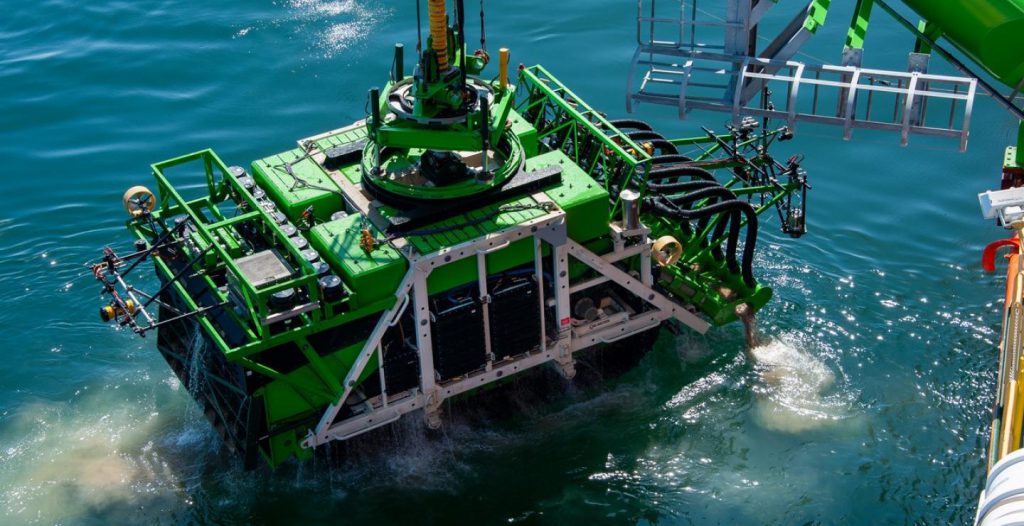New Zealand to review risk and benefits of seabed mining

New Zealand will undertake a review of the risks and benefits of seabed mining and whether domestic regulation is needed, the government announced on Friday.
Environment Minister David Parker said there was a range of strong views on seabed mining and a review would give New Zealanders a say on the issue.
“Concerns about the environmental impacts of seabed mining need to be considered, along with the potential role that minerals recovered by seabed mining could play in New Zealand’s transition to a decarbonised economy,” Parker said in a statement.
Seabed mining is allowed in New Zealand but it has to be approved by the Environmental Protection Agency. Although three projects have been proposed to the agency none has been given final clearance.
An increasingly contentious debate is happening over whether the world’s seabeds should be mined for nickel and other green energy transition minerals.
Last October, New Zealand backed a conditional moratorium on seabed mining in areas beyond national jurisdiction.
“New Zealand’s international position does not require the government to change its domestic approach to seabed mining. But having backed a conditional moratorium, it is timely to examine our own regulatory settings,” Parker said.
Feedback and inquiry findings from the review would inform any regulatory changes, the government said.
(By Lucy Craymer; Editing by Robert Birsel)
Read More: The deep sea mining debate is “gone” — it’s happening, says The Metals Company CEO
{{ commodity.name }}
{{ post.title }}
{{ post.date }}




Comments
Phil McCabe
You’re leaving a bit out with this line …”Although three projects have been proposed to the agency none has been given final clearance.”
After several weeks of intensive application hearings, the first two applications were unanimously declined by the 5 person decision making committees due to critical lack of baseline env info, unavoidable destruction of marine habitats and inability to remediate. The third application squeaked through the EPA process with two of the four decision makers opposing and two supporting and the chair casting his vote in favour of granting. That decision was subsequently overturned by the High Court, The Court of Appeals and the Supreme Court and is now back in the hands of the EPA for a reconsideration with slim to no chance of being granted.
Indigenous groups, coastal communities and commercial and recreational fishers have staunchly opposed for well over a decade.
New Zealand’s track-record is a cautionary forerunner to what is playing out in other jurisdictions including international waters.